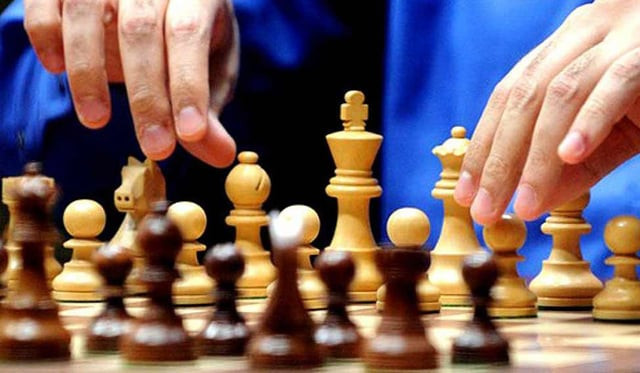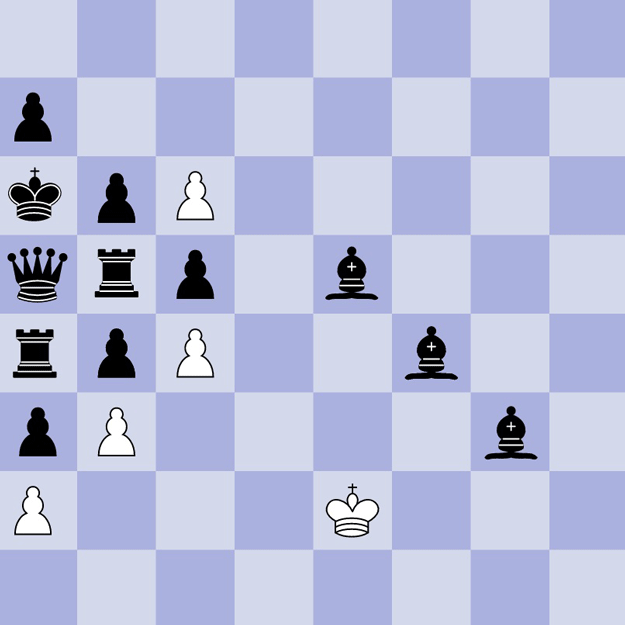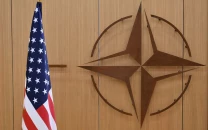This chess problem might hold the key to understanding human consciousness
Can you solve it?

PHOTO: AFP
Inviting readers to test their wits in a new puzzle to find the quickest minds, the reveal of the chess problem coincides with the launch of Penrose Institute, founded by Sir Roger Penrose who shared the World Prize in physics with Professor Stephen Hawking in 1988.
The new institute will aim to study human consciousness through physics. They will also aim to understand the fundamental differences between artificial and human intelligence.
'Science can now remove depressing memories from mind'
The chess problem drawn by Penrose is designed in a way which will defeat an AI computer but solvable for humans. Penrose Institute Scientists are inviting readers to work out how white can win or draw the game, and then share their reasoning.
 A chess computer always assumes black will win. But it is possible for white to draw and even win. PHOTO: PENROSE INSTITUTE
A chess computer always assumes black will win. But it is possible for white to draw and even win. PHOTO: PENROSE INSTITUTE“If you put this puzzle into a chess computer it just assumes a black win because of the number of pieces and positions, but a human will look at this and know quickly that is not the case,” said Penrose speaking to The Telegraph.
The scientists then hope to scan brains of people with the most interesting arguments or quickest times to study whether human insight can be spotted in the brain.
Brain activity continues 10 minutes after death: study
In essence, if our minds can figure out a solution that even the most advanced machines can't, it could lead scientists to figure out what makes the human mind so unique.
"If we find out how humans differ from computers, then it could have profound sociological implications," Penrose told The Telegraph.
"People get very depressed when they think of a future where robots or computers will take their jobs, but it might be that there are areas where computers will never be better than us, such as creativity."
If you do attempt to solve the board, and succeed, you can email your work to puzzles@penroseinstitute.com
This story originally appeared in The Telegraph



















COMMENTS
Comments are moderated and generally will be posted if they are on-topic and not abusive.
For more information, please see our Comments FAQ